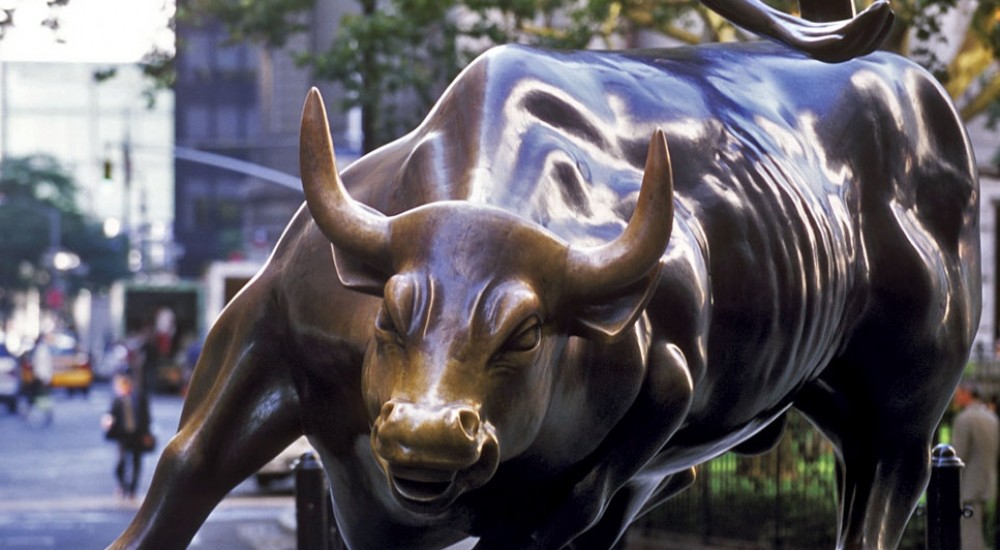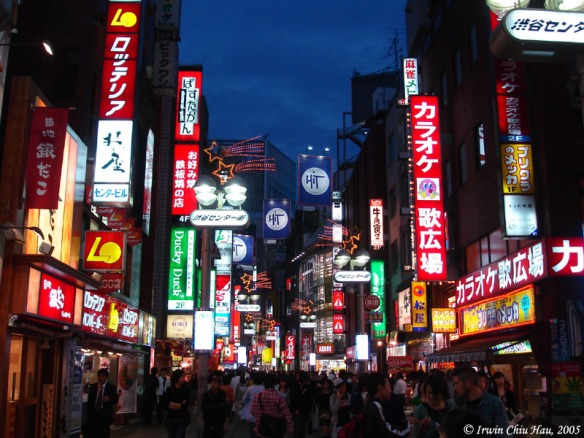Shinzo Abe over the past couple of months has become the most prominent figure in global economics. He has received praise and criticism from all sides of the economic spectrum. Regardless of his international image, he has vigorously backed his “three-arrow” approach. This is the use of comprehensive monetary, fiscal, and structural policies to pull Japan out of its chronic deflation.
The base of the macroeconomic strategy is simple, but what is incredible is the turnaround seen in Japanese politics and the increase in domestic confidence. Before Abe it had seemed like the Japanese government and cooperating technocrats had called it a day in attempting to solve the countries chronic deflation, and suddenly Abe becomes prime minister and confidence is restored. Coupled with his three arrow approach he has used invigorating nationalism to spur the domestic market, and this may be the true long lasting effect of his spirited endorsement of his macroeconomic policy.
The use of such radical policy such as doubling the money supply has revitalised the economy in a manner that is difficult to quantify. It can be argued that purely the willingness of the government to pursue radical policy has restored confidence and boosted consumer and firm spending rather than the actual effect of the change in money supply. The Yen has already weakened from Y77 to a dollar to now bouncing around Y100 to a dollar. This has had a positive effect on exports and reinvigorating the market. The markets have recapitalised at around $1.5 trillion, the biggest rally in the past decade. Japan is beginning to boom, and it is this galvanisation that had driven market confidence which is proving to be the major factor in taking Japan out of deflation.
For years deflation had increased the real debt burden in the economy, and Japan has suffered. But through his stance and that of Haruhiko Kuroda (Bank of Japan’s Governor) they have increased the velocity of money and re-liquidated the market. But there is also the fiscal aspect; Abe has called for firms to increase wages while introducing straightforward tax breaks. This is simple expansionary fiscal policy in the form of maximising injection and limiting withdrawals. So far the short term effects are following through and it looks like the inflation target may be met, however the question stands on whether or not the economy will overheat and induce an inflationary burden.
Shinzo Abe can be identified as particularly patriotic and holds very strong nationalist sentiments, what he is tapping into is what was once the strength of a country that held an empire. Japan has also had continuing issues with its “favourite” neighbour China which has raised questions about security. There was also the tsunami which created a short term energy crisis, and had brought to the surface issues amongst Japans biggest firms. They felt that they could no longer operate with uncompetitive exports, and high corporation tax. This assimilates Abe to the Japanese term “Fukoku-kyohei” which means “rich country, strong army”. Deflation has proven to be the weakness in the economy, and the bane to Japanese industry, but now with this invigoration of fiscal and monetary policy the economy can move forward.
Japan already has the correct economic infrastructure in place, and is also notable for its well educated labour force, the sustainable increase in efficiency and productivity of workers, and suitable regulation. Joseph Stiglitz is a strong advocate of Abe’s approach; he notes that through continued structural investment and future investment into research and education that the growing confidence will be vindicated by reaching inflation and growth targets.
Japan has always been renowned for its commitment to research and development, as well as leading in structural investment. Now the government is backing it with vigorous policy, but there is still the question of what impact this will have as it failed to bring Japan out of deflation during the “lost decade”.
In the coming years it will be interesting to see if Abe can bring the economy to a state where all the strong elements of infrastructure, workforce, and the introduction of drastic monetary and fiscal policy all work cohesively to achieve the target of a once again sustainably booming Japanese economy, without giving up on its strict environmental and working standards and regulations.
As Stiglitz notes “Japan could become one of the few rays of light in an otherwise gloomy advance-country landscape”.
For more reading look at:
Financial Times:
http://www.ft.com/cms/s/0/717274d0-b687-11e2-93ba-00144feabdc0.html#axzz2TkNQ4I9J
Project Syndicate:

